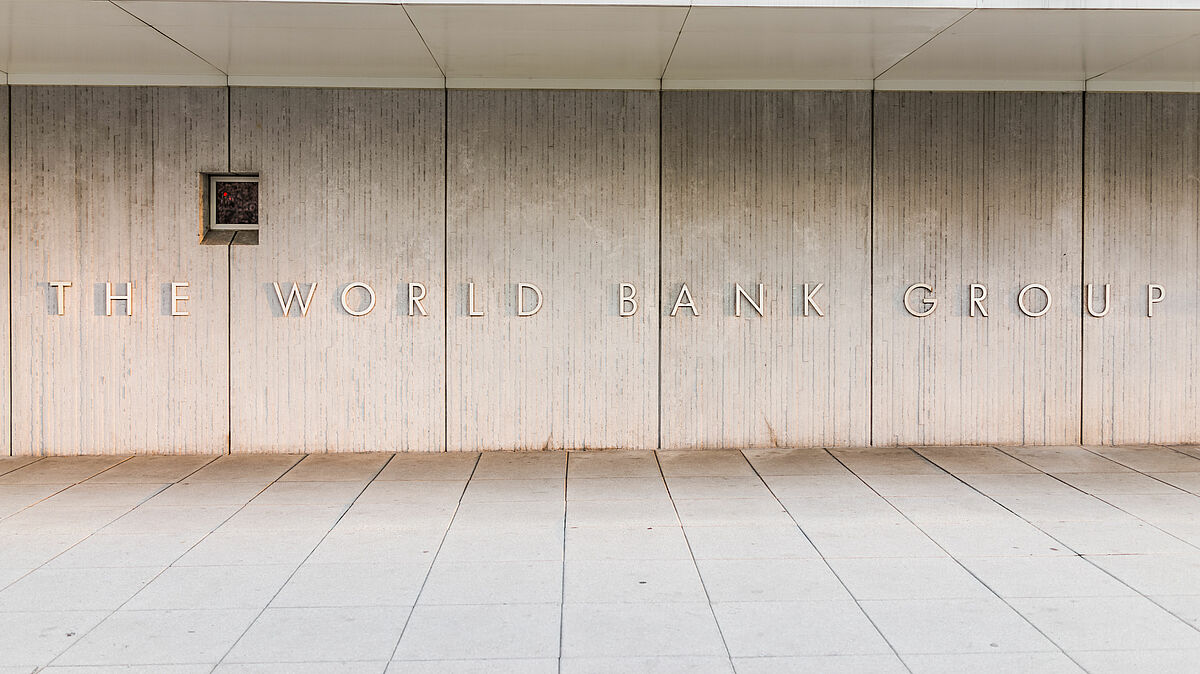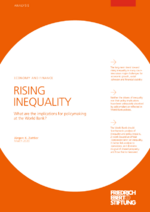Rising Inequality

The long-term trend toward rising inequality in many countries raises major challenges for economic growth, social cohesion and financial stability. Added to this, short term shocks due to the 2020 coronavirus pandemic increase the challenge and urgency for the World Bank to respond with policies that can counter the trend and ease the shock, especially for developing countries.
Author Dr. Jürgen K. Zattler writes that, up to now, neither the drivers of inequality nor their policy implications have been adequately absorbed by policymakers or reflected in World Bank policies. In the face of this crisis, he argues the World Bank should start immediately to incorporate its goal on shared prosperity into its business model in much the same way as it has done for the goal on extreme poverty. This would help the Bank work toward a shared institutional understanding, or official “corporate view” on inequality.
Once that is established, it will be possible to better link the enhanced analysis to country programs and projects. Also, the Bank must ask whether the way it currently measures its shared prosperity goal appropriately reflects the key challenges developing countries are facing. If the answer is no, now is the time to make necessary changes.
Zattler, Jürgen K.
Rising inequality
NewYork, 2020
Download publication (125 KB, PDF-File)



